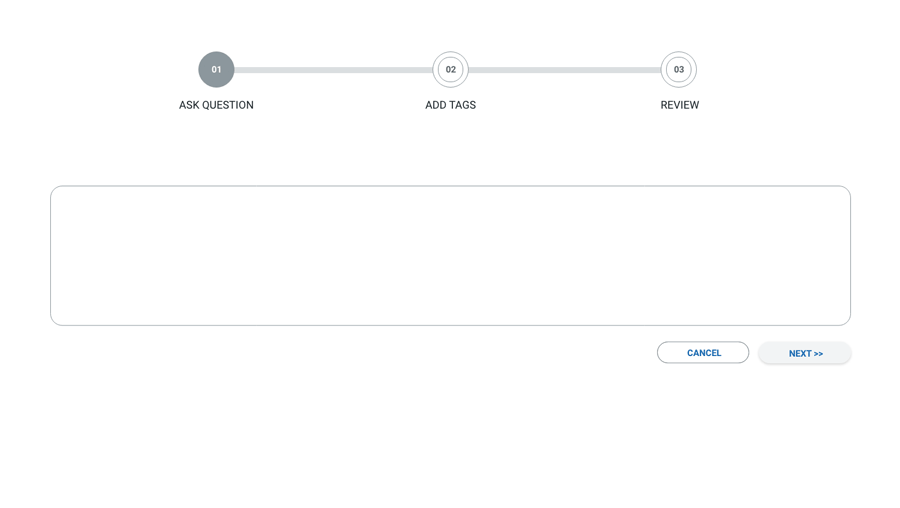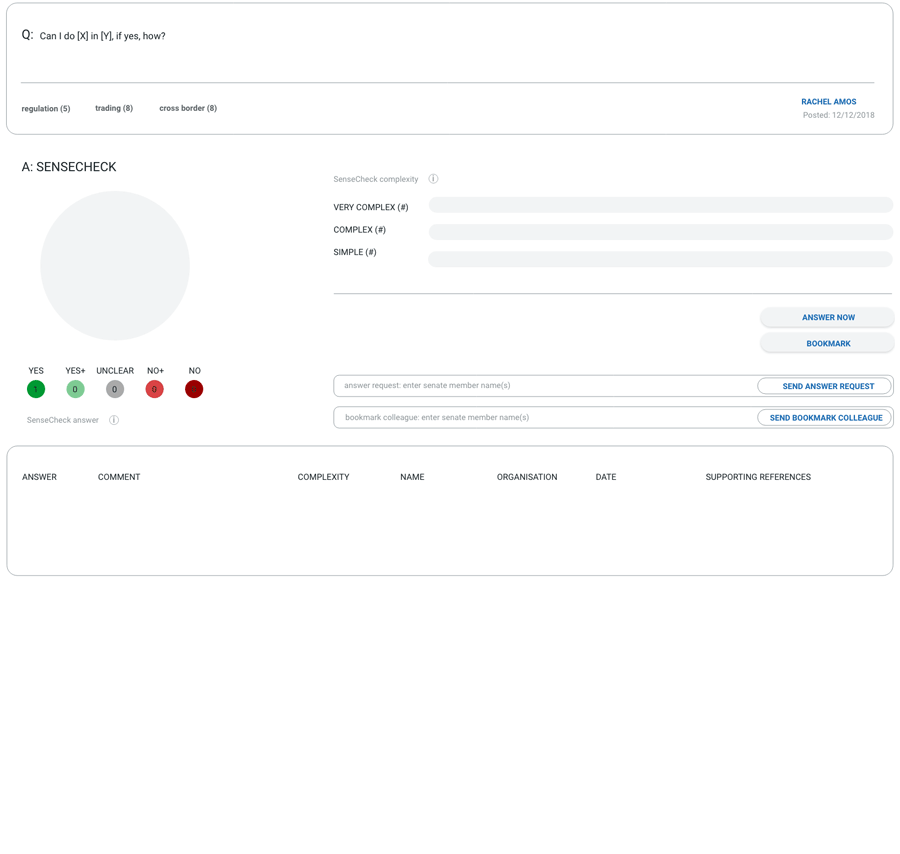Can you provide examples of language for IMs on intercreditor deeds?
A: SenseCheck

- 1 Yes
- 0 No
- 0 Other
- 06 Jun 2024
-
Yes
|
Simple
From the Redhat IM (note single pool of security):
As of the date of this Investment Memorandum, the Company has issued three series of bonds due 2024 (comprising a principal amount outstanding of up to $25,000,000, £25,000,000 and €25,000,000 respectively) (the “Bonds”). Further to an intercreditor deed, as amended and restated on or around the date of this Investment Memorandum (the “Intercreditor Deed”), the Bonds rank pari passu with the Series of Notes and all security is held equally by the Security Trustee on behalf of the holders of the Bonds (“Bondholders”) and the holders of the Notes (“Noteholders”), without any preference or priority. Among other things, the Intercreditor Deed provides that:
- the Bonds and the Notes rank pari passu with each other;
- each Bond and each Note when issued ranks and shall rank pari passu with the others, with all Security being held by the Security Trustee equally on behalf of the Bondholders and the Noteholders for their, without any preference or priority, subject to the Intercreditor Deed;
- no payments shall (except as otherwise provided in this deed) be made by any person in respect of any of the Bonds or the Notes while the other Bonds or the Notes are outstanding; and
- if it makes an early repayment under any of the Bonds or the Notes, the Company shall also make a corresponding early repayment under the other series of Bonds or Notes to each of the Bondholders and Noteholders pro rata in accordance with the principal amount of the relevant Bond or Note held by each of them.
- if an event of default has occurred, is continuing and has not been remedied or waived then the priority of the Bondholders and Noteholders shall stand so that all amounts from time to time received or recovered by the Security Trustee (on behalf of the Bondholders and Noteholders) shall, in subject the priority of payments set out in the terms and conditions of the Notes, be applied in discharging the liabilities under the Bonds and the Notes pro rata in accordance with the principal amount of the relevant Bonds or Notes held by each of the Bondholders and the Noteholders.
The proceeds of the issuance of the Bonds and the Notes will be deposited in a single account without segregation between different series of Bonds or Notes. Investors should therefore be aware that the Notes do not benefit from limited recourse. This means that in the case of default or insolvency, all Noteholders will equally access the assets within the designated security pool without priority or preference based on the specific Series of Notes. Consequently, in situations where the assets within the security pool are insufficient to cover the obligations of all Bondholders and Noteholders, each Note's recovery may be adversely impacted, and the recovery amount may be significantly less than the initial investment.
Potential investors should carefully consider the implications of this lack of limited recourse and the pari passu ranking of Bonds and Notes, understanding that their ability to recover their investment in case of default may be subject to the complexities and uncertainties inherent in such shared security structures.




|
Comment